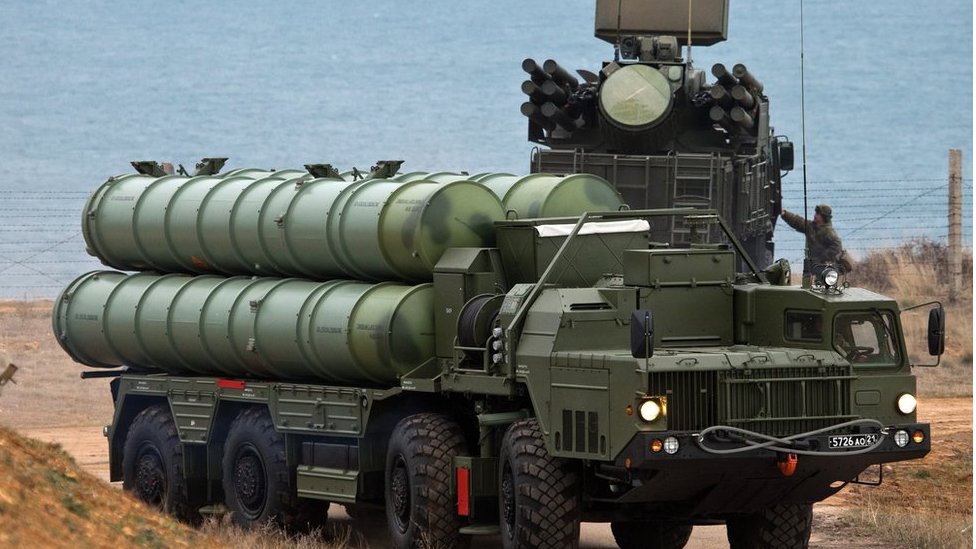Introduction
During the 2025 India-Pakistan conflict, Operation Sindoor showcased a turning point in Indian military history. For the first time, India engaged in a full-scale conflict primarily relying on indigenous defence technologies. According to former DRDO chief Dr G Satheesh Reddy, India fought the war with a high degree of ‘aatmanirbharta’ (self-reliance), demonstrating the strength of homegrown systems in high-stakes warfare.
1. D4 Anti-Drone System
The D4 (Drone Detect, Deter and Destroy) system, developed by DRDO, played a pivotal role in neutralizing incoming drone threats from Pakistan. Similar to Israel’s Iron Dome, the D4 system offers both soft kill and hard kill capabilities, ensuring complete drone defence. This indigenous system successfully neutralized enemy drones, earning global attention.

2. Akash Missile System
India’s Akash surface-to-air missile system was used effectively during the conflict to shoot down Pakistani aircraft and drones. Designed by DRDO and led by Dr Prahlada Ramarao, Akash demonstrated its power in real combat. It was used to protect critical Indian cities, making it one of the star performers of the conflict.
3. Indigenous Aircraft and Combat Drones
India deployed its indigenously manufactured fighter aircraft and UAVs in a coordinated air campaign. These systems provided aerial superiority and conducted deep strike operations into Pakistan-Occupied Kashmir (PoK), including targeting terror infrastructure.
4. Anti-Missile Systems
The air conflict was not just about offensive measures. India used indigenous anti-missile systems to intercept and destroy incoming Pakistani projectiles. These systems provided a robust shield to strategic installations, cities, and civilian areas.
5. Advanced Surveillance and Coordination Tools
Key to India’s success was the integration of advanced indigenous radar and command-control systems developed by DRDO. These enabled seamless coordination among the Air Force, Army, and Navy, boosting situational awareness and response time.
India’s Path to Aatmanirbharta in Defence

Dr G Satheesh Reddy credited Prime Minister Narendra Modi’s leadership and vision for the surge in indigenous defence capabilities. Since Modi took office, India’s domestic defence production has crossed 65%, thanks to the push for Aatmanirbhar Bharat. Startups and private defence firms played an active role in developing advanced drone and anti-drone solutions.
Conclusion
The 2025 India-Pakistan conflict marked a turning point in India’s military posture. With systems like D4 and Akash proving their combat readiness, India has shown the world what self-reliance in defence truly means. As Operation Sindoor becomes a case study in modern warfare, India stands taller as a technologically sovereign nation.
Read More: India’s BrahMos Strikes Changed the War Game
External Resource: DRDO Official Website